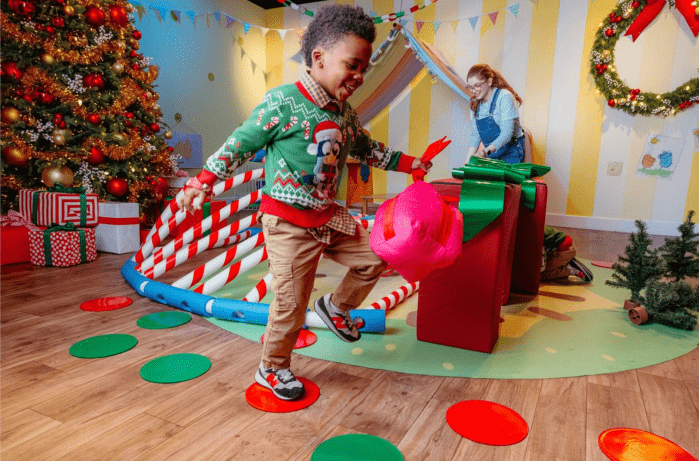
There’s been a flurry of testing-related news in the last couple of months for both private and public schools. Of course, the news is always presented by educators as progress, though parents often find it unsettling. From their point of view, testing changes often feel like a case of “the devil you know” versus “the devil you don’t know.”
The big news on the private school front is that the organization in charge of recommending admissions policies to the city’s independent schools has officially recommended that their schools no longer require a test that’s commonly known as the ERB for kindergarten admissions. (Technically, the ERB stands for the company, the Educational Records Bureau, which administers the test.) It’s up to individual schools whether they want to follow the recommendation or not. Schools also have the option of not requiring the ERB but still accepting ERB scores as another piece of evidence they use to get an accurate portrait of a child. Horace Mann, for example, is a prominent independent school that has indicated that they’re sticking with the ERB.
This is a major policy change in the world of independent school admissions because the ERB score has been a very important admissions factor for most of these schools for many years. It wasn’t the only factor in the admissions process—private schools get to know their applicants and applicant families in a variety of ways, including child interviews, parent interviews, school tours, and recommendations from nursery school directors and others who know the child and family—but the ERB was long held as the most objective measure the schools had of a child’s academic ability.
The reason why the Independent Schools Admissions Association of Great New York (ISAAGNY) is now advising schools not to use the ERB is because of the perception that private tutoring for the test has become pervasive, creating an unfair advantage for the tutored kids and calling into the question the validity of the scores. The independent schools have long advised parents not to have their kids tutored for the ERB because it would be a violation of the spirit of a test meant to offer an accurate snapshot of a child at their present age. For sure, there were always some parents who had their kids tutored anyway; but the perception now is that tutoring is so widespread that many parents feel like they have to do it to make sure their child is not at an unfair disadvantage. You can imagine the kind of anxiety this situation has created among parents in recent years.
What’s next? I don’t think another universally accepted exam will pop up to replace the ERB, because ISAAGNY knows that parents will simply start prepping their kids for that one. More likely, schools will find other ways of enhancing their admissions process to gain the kind of insights they thought they were getting from the ERB. This could add more time to an admissions process that many parents find far too time-consuming already.
On the other hand, sending a child to an independent school is a big family commitment in every way, not just financially—and it’s in everyone’s interest to make good matches between schools and students. So, yes, schools will adjust, possibly adding tests of their own, and parents will adjust too. But count on a lot of families still having their little kids tutored for skills-building and testing-taking in the hope that they will be well prepared for whatever kind of admissions testing comes their way. The simple fact that Horace Mann is sticking with the ERB—and that other schools will accept it even if they don’t require it—will still impel a lot of families to have their kids prepped for the test. What’s more, a lot of the same kids being tutored for the ERB are also being prepped for the admissions exams for public school Gifted & Talented programs, which persist and in fact recently went through their own changes (which probably only inspired more tutoring).
So tutoring lives on, but I’m not sure parents need to fret too much about it. If it’s done by professionals in a low-key, age-appropriate, and engaging way, it can be just another fun activity for a young child. If it’s pressurized, and your 4-year-old is feeling that pressure, it’s time to make a change.
Eric Messinger is the editor of New York Family.










